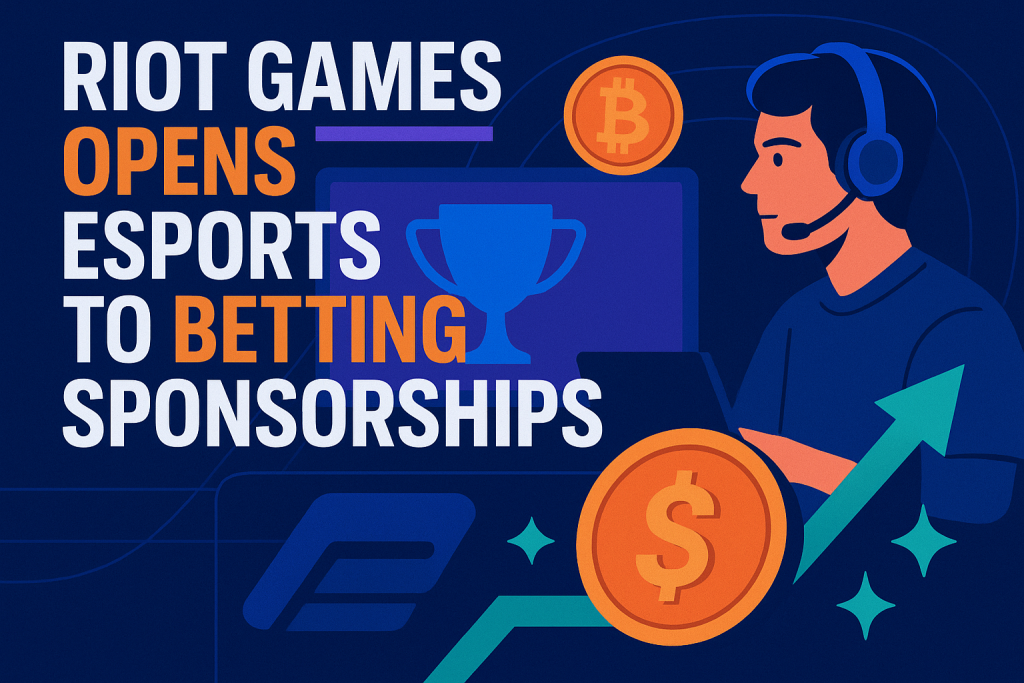The esports industry is going through a so-called “winter” — declining revenues, shrinking investments, and even the shutdown of expensive leagues like the Overwatch League. In response, Riot Games has made a move once considered off-limits: it will now allow betting companies to sponsor its esports teams.
Top-tier teams in League of Legends and Valorant can sign sponsorship deals with gambling operators, although direct advertising on team jerseys and official Riot broadcasts will remain prohibited.
Why It Matters
- In the 2010s, esports was seen as a gold rush: corporations and sports franchises poured tens of millions into leagues and teams. But the pandemic and the high cost of running leagues destroyed profitability.
- Riot is now restructuring: reducing the number of league participants, adjusting revenue-sharing models, and opening new sponsor categories.
- Betting firms are among the few entities capable of injecting substantial cash flows — potentially covering financial gaps and keeping pro players in the scene.
Risks and Controversies
Critics argue that betting sponsorships bring significant risks:
- Competitive integrity: Match-fixing scandals have already hit LoL and Valorant. More money from betting could increase pressure and temptation.
- Ethical concerns: Esports audiences are young, and tying competitions to gambling raises questions about responsibility.
- Riot’s reputation: The company has previously faced criticism for working with projects tied to “sportswashing.”
Riot, however, insists that strict oversight will accompany the changes: all betting partners will be vetted, teams must comply with integrity programs, and no gambling logos will appear on jerseys or official broadcasts.
As esports revenues decline and investors pull out, the industry is desperate for fresh funding. Partnerships with betting companies might offer temporary relief, but they also pose new risks for the integrity and image of competitive gaming.


